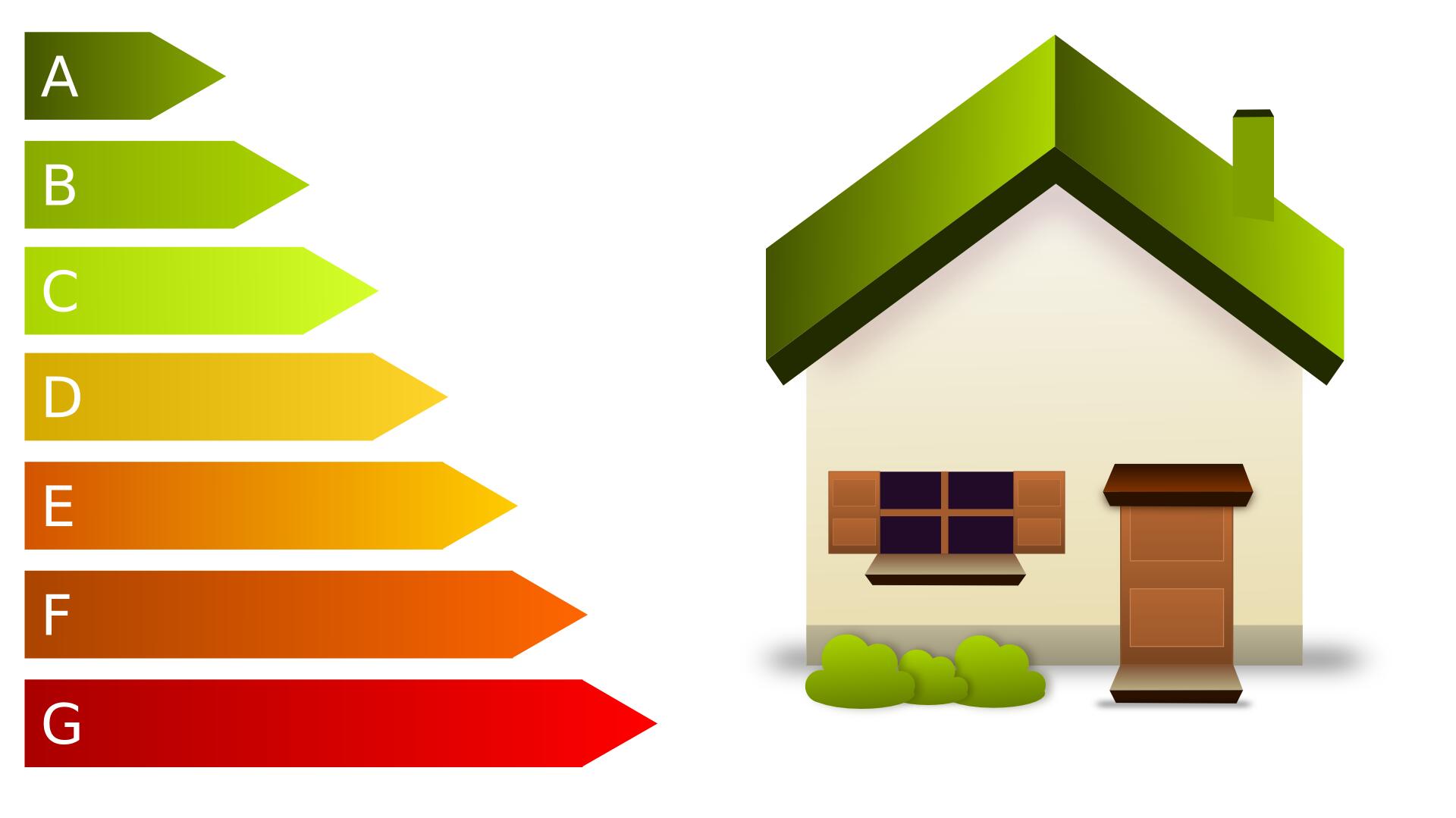Is it just your imagination, or is Texas getting warmer and warmer each year?
You’re not imagining things; the Lone Star State has become hotter. So much so that 2023 was the hottest year ever recorded in the state!
That’s a good enough reason to invest in more energy-efficient HVAC systems. This way, you can cool your home in Alvin, TX, efficiently during the hot summers without getting shocked by high utility bills. Likewise, you can keep your home warm during the cooler months and not worry about sky-high heating bills.
To that end, we created this guide on energy-efficient heating and cooling systems. So, read on, as what you learn here can help you make the right, eco-friendly choice.
Heat Pumps
Heat pumps provide not only energy-efficient heating but also cooling capabilities. They transfer and move heat instead of creating it. This allows them to heat or cool your home using less energy and, therefore, more efficiently.
Indeed, compared to a traditional heating and AC unit, a heat pump can be as much as five times more efficient. As a result, you can enjoy low energy bills while maintaining a comfortable indoor climate.
How an Energy-Efficient Heat Pump Works
A heat pump collects heat from outdoor air, ground, or water. It then concentrates the heat for indoor use.
Heat pumps come in three primary types: air-source, geothermal, and ductless mini-split systems.
Air-Source Heat Pumps
Of the three primary types of heat pumps, the most common in the U.S. is the air-source type. It transfers heat energy between the outside air and your home.
During the heating season, an air-source heat pump absorbs heat from the outside air and moves it into your home. Then, in the summer, it removes hot air from within your home and expels it outdoors.
Geothermal Heat Pumps
Geothermal heat pumps transfer heat between your home and the ground or a nearby water source. They cost more to install but have lower operating costs than traditional HVAC systems. They’re so efficient they can reduce energy bills by as much as 65%!
Ductless Mini-Split Heat Pumps
A ductless mini-split heat pump works like a typical air-source or geothermal heat pump. The primary difference is that it doesn’t need ducts to circulate conditioned air. Instead, you only have to install it directly in the room you want to heat or cool.
The most basic ductless heat pump is a single-zone mini-split system. This includes a single indoor unit and a single outdoor unit. However, you can usually get up to five indoor units to heat and cool five different “zones.”
Other Benefits of a Heat Pump
Aside from being a green HVAC system, a heat pump can also help make your home more comfortable. That’s because, like a traditional AC unit, it can dehumidify by removing moisture from the air via condensation. This can then help you maintain optimal indoor humidity levels.
Maintaining optimal indoor humidity levels (between 40% and 60%) is crucial to comfort and health. According to health experts, any lower or higher can result in adverse health effects. It can promote infectious transmissions and aggravate existing respiratory illnesses.
A heat pump is also ideal if your need for a new heating system coincides with your AC breaking down or failing. Since a heat pump has heating and cooling functions, it can be a two-in-one replacement.
Hybrid HVAC Systems
Also called a dual-fuel heat pump, a hybrid HVAC system consists of a heat pump and a gas furnace. It alternates between these two, depending on the needed function, season, and temperature.
For example, during the cooling season, the heat pump’s AC-like function kicks in. You can then switch it to heating mode once the colder seasons come. From there, it’ll do most of the heating during fall and winter.
What Is the Gas Furnace For, Then?
Gas furnaces need more energy than heat pumps because they must first generate heat. To do this, they combust fuel that warms up the air.
Still, today’s gas furnaces are more efficient than their predecessors, converting up to 97% of the fuel they burn into heat energy.
The role of the furnace in a hybrid system is to take over if the temperature drops too much for the heat pump to work effectively. An example is during a rare event of snowfall in Brazoria County. While this is rare, it has happened before, such as in December 2008 and December 2009.
In those colder situations, a heat pump may not heat your home adequately. But it’ll still try to, causing it to work harder to bring heat into your home. And when it has to work harder, it uses more energy, which can lead to higher utility bills.
With a hybrid system, you won’t have to force the heat pump to do all the hard work. Instead, you can switch to the gas furnace to warm your home faster during much colder days. This saves time and energy when heating your home to your desired temperature.
Other Perks and Pros of a Hybrid System
With its multiple capabilities, a hybrid system works well for any type of climate year-round. Its heat pump component makes it excellent for heating and cooling your Alvin, TX, home efficiently for most of the year. Then, if the temperature drops significantly, it can still make your home warm and cozy with its gas furnace.
Investing in a hybrid system can also help you save money on heating and air conditioner repairs. After all, each component only works when optimal, helping them avoid getting “overworked.” Overworked systems are often more prone to premature breakdowns that cost a lot to fix.
Time to Invest in Energy-Efficient HVAC Systems
Heat pumps and hybrid systems are among today’s most energy-efficient HVAC systems. Since they’re efficient, they can help you lower your energy use and utility bills. Plus, they provide heating and cooling, letting you enjoy optimal indoor climates year-round.
If you’re ready to switch to a greener HVAC system, Custom Air Systems can help! We are proud of our 20+ years of experience delivering high-quality HVAC services. We also provide round-the-clock emergency services to our Alvin, TX, customers.
So, call us today; your free service estimate awaits you!





